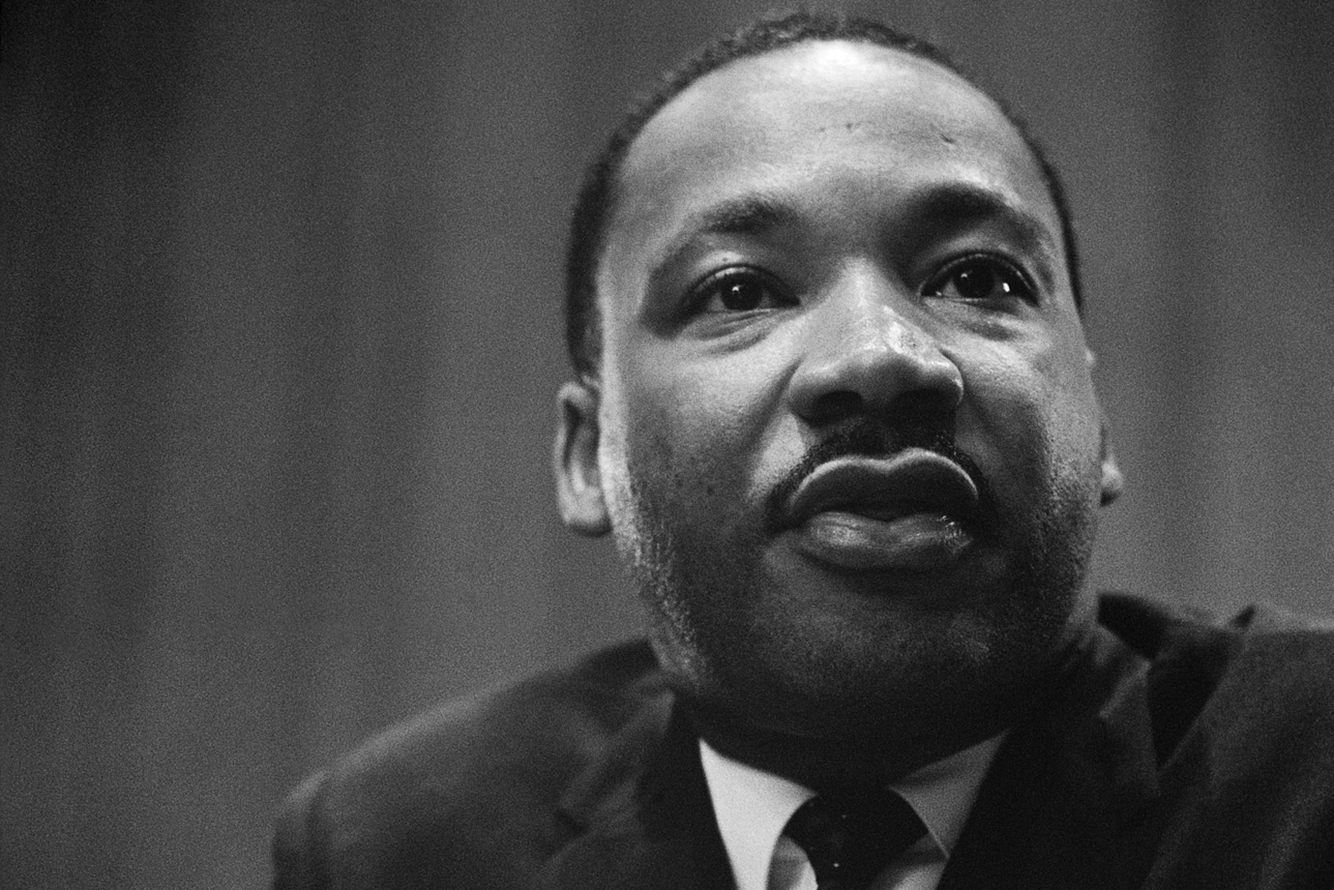Dr. Martin Luther King Jr.’s influence extended far beyond the Southern United States. His work left an indelible mark on Illinois, particularly in Chicago, where he addressed systemic racial injustices that shaped the lives of millions. His visits and campaigns in Illinois exemplify his belief that the fight for civil rights was a nationwide call to equality and justice.
Dr. King’s connection to Illinois began with his visits to spread the message of equality and inspire local activism. Between 1961 and 1966, he spoke at numerous venues, including Illinois Wesleyan University. His speeches, brimming with hope and urgency, resonated deeply with Illinoisans. In a 1966 address, Dr. King remarked, “We have come a long, long way, but we have a long, long way to go.” These words reflected the progress made and the persistent challenges that remained.
During these years, Dr. King recognized that racial discrimination was not just a Southern issue. Northern states, including Illinois, grappled with systemic inequities in housing, education, and employment. This realization brought him to Chicago, where he would lead one of his most ambitious and challenging campaigns.
The Chicago Freedom Movement
In 1966, Dr. King and the Southern Christian Leadership Conference (SCLC) launched the Chicago Freedom Movement. It marked a significant shift in the civil rights struggle, bringing the fight to the North to address issues of de facto segregation and economic injustice. Dr. King’s decision to focus on Chicago stemmed from the stark disparities faced by African Americans in the city.
To highlight these challenges, Dr. King moved into a dilapidated apartment in the North Lawndale neighborhood, one of Chicago’s most impoverished areas. The apartment lacked basic amenities and symbolized the neglect and discrimination in housing policies that relegated Black families to substandard living conditions. By living among those he sought to help, Dr. King made a powerful statement: the fight for equality required personal commitment and solidarity with the oppressed.
The Chicago Freedom Movement organized rallies, marches, and demonstrations aimed at combating housing discrimination, poverty, and unemployment. One of the most notable events was the Marquette Park march on August 5, 1966. Dr. King and about 700 activists faced violent opposition from local residents as they peacefully protested housing segregation. The hostility was intense; Dr. King was struck by a rock during the march. Reflecting on the experience, he admitted that the resistance he encountered in Chicago was among the worst he had ever faced, even compared to the South.
Despite these challenges, the Chicago campaign achieved significant milestones. The movement’s efforts culminated in the Summit Agreement, a deal brokered with local officials to promote fair housing practices. While the agreement’s implementation faced criticism for its shortcomings, it represented an important step toward addressing systemic inequities in northern cities. It also laid the groundwork for the Fair Housing Act of 1968, a landmark piece of federal legislation.
Illinois: The First State to Honor Dr. King
Illinois holds the distinction of being the first state to establish Martin Luther King Jr. Day as a state holiday. On September 17, 1973, just five years after Dr. King’s assassination, Illinois took this step to honor his contributions to civil rights and social justice. This recognition came a full decade before the federal government designated Martin Luther King Jr. Day as a national holiday in 1983.
Today, Dr. King’s legacy is celebrated across the state through various events, landmarks, and initiatives. In Chicago, the Martin Luther King Jr. Living Memorial is a prominent tribute, standing as a reminder of his time in the city and the sacrifices he made for justice. Similar memorials in Springfield, Decatur, and other Illinois towns commemorate his impact and ensure that his message continues to inspire future generations.
Dr. King’s work in Illinois highlighted the universality of his mission. While the South was the epicenter of the civil rights movement, his campaigns in Chicago demonstrated that racial injustice was not confined to one region. Discrimination in housing, education, and employment were systemic issues that affected communities across the nation.
One of the most significant aspects of Dr. King’s legacy in Illinois is his ability to inspire local leaders and activists. Organizations such as the Chicago Urban League and Operation Breadbasket (now the Rainbow/PUSH Coalition) were instrumental in advancing the movement’s goals. These groups worked alongside Dr. King to address economic and racial inequalities, and their efforts continue to impact Illinois communities today.
Dr. King’s dream of equality remains a guiding force for activists, educators, and policymakers in Illinois. Each year, the state hosts events to honor his life and reflect on his teachings. The Martin Luther King Jr. Memorial Breakfast in Springfield is one such event, bringing together diverse voices to discuss contemporary issues of inequality and ways to build a more just society.
Illinois has also embraced educational initiatives to keep Dr. King’s vision alive. Schools and universities across the state incorporate his teachings into their curricula, ensuring that students understand the importance of his work. Community organizations host workshops, lectures, and exhibitions that explore Dr. King’s legacy and its relevance today.
Continuing the Fight for Justice
Dr. Martin Luther King Jr.’s work in Illinois is a powerful reminder that the fight for civil rights is a national endeavor. His campaigns in Chicago exposed the depth of racial injustice in northern cities and inspired a generation to confront these challenges head-on. Through his leadership, Illinois became a critical battleground in the struggle for equality, leaving a legacy that continues to shape the state’s identity.
As Illinoisans reflect on Dr. King’s contributions, they are called to carry forward his vision of justice, equality, and unity. By honoring his legacy, advocating for change, and addressing the inequalities that persist today, the people of Illinois can ensure that Dr. King’s dream remains alive for generations to come.
